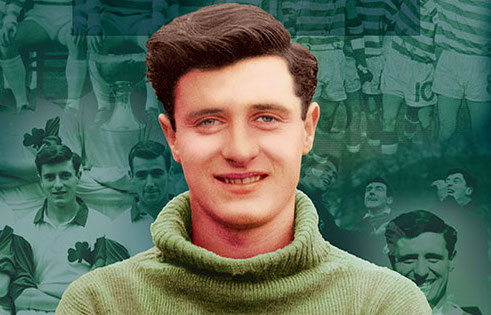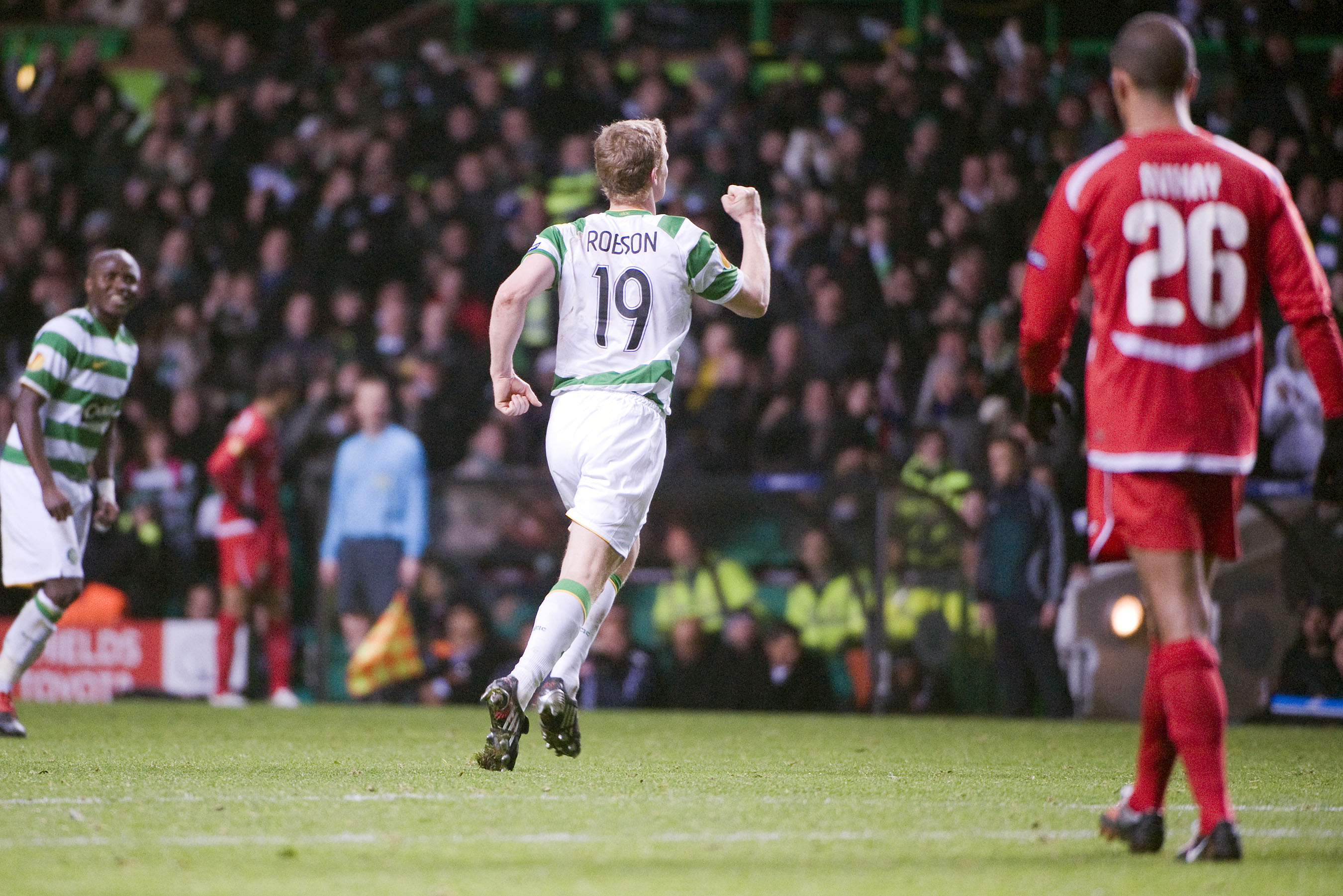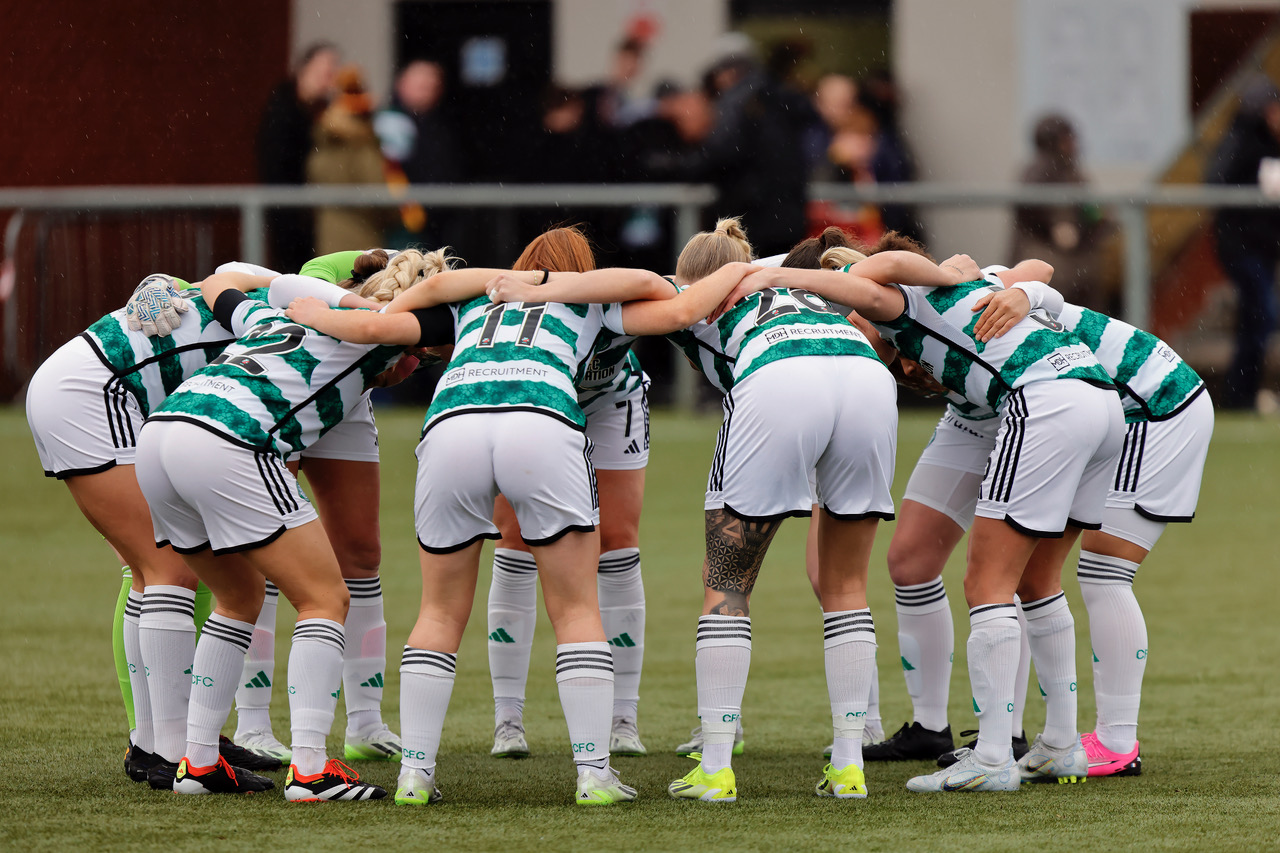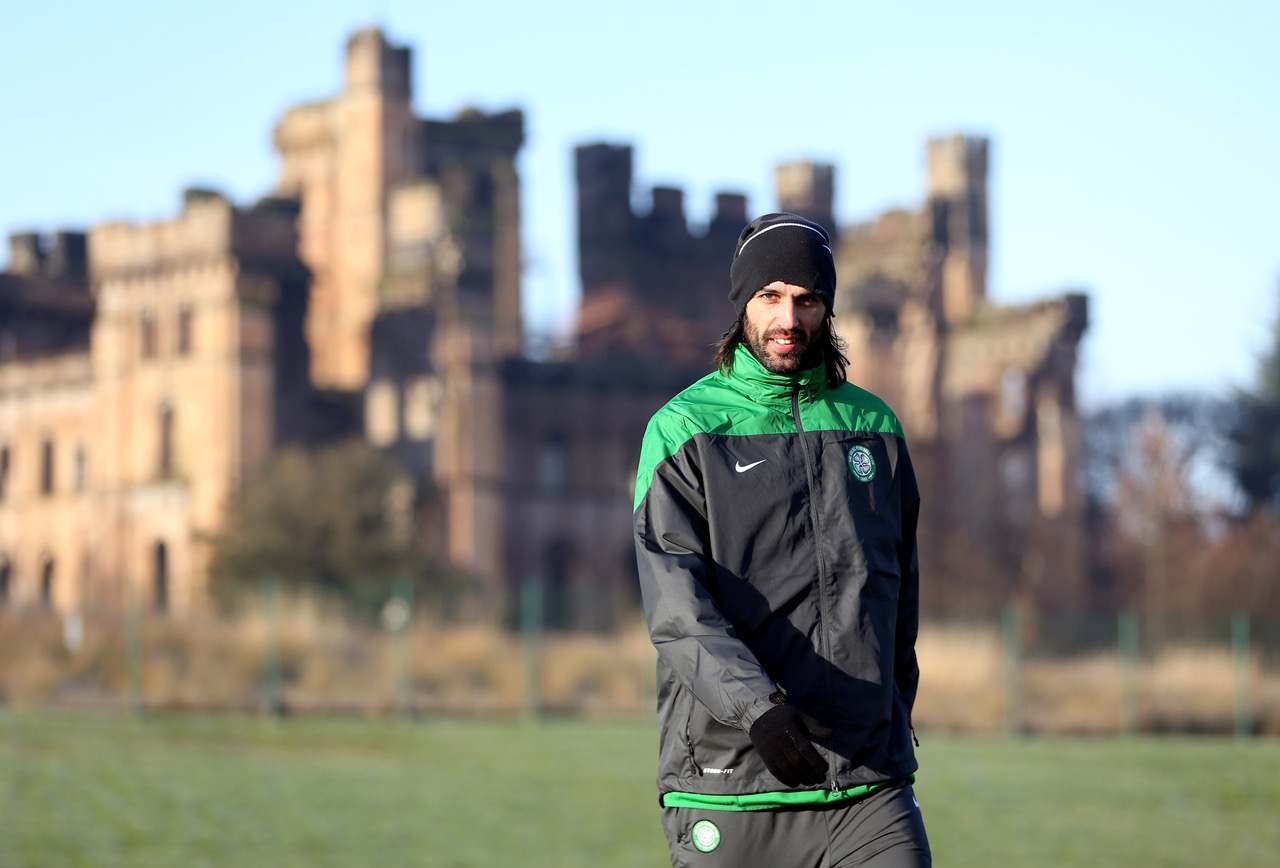
Even better came the following week at home to Airdrie as Celtic triumphed 4-0, the third goal in particular earning widespread praise, it coming from a defence splitting 30 yards pass from Gallagher to Chalmers who hammered the ball home first time. This was Celtic at their best, and now producing the football that had not been seen at Celtic Park for some time. It was crowd of well over 20,000 and although it was a dull and dark day, the Parkhead lights were on for most of the game and the sight was something to behold with the four pylons creating four shadows for each player on the field, and as they were moving so fast, it was a remarkable spectacle. Words like “eager-beaver” and “trigger-happy” were freely used, and the optimistic were now beginning the hope that glory days were on their way back.
But this Gallagher-inspired Celtic revival would count for little if the team did not win at Brockville on 28 January. Anxiety centred on two areas – Brockville had been far from a happy hunting ground for Celtic in recent years, and the Celtic crowd had not always been on its best behaviour at that ground in particular. Celtic succeeded in one of their objectives. They won the game, but once again some of their less enlightened fans let them down with bottles, glasses and cans being thrown onto the field. For this they were duly and rightly castigated in the Press and on TV, although there was a certain obfuscation of “banner waving” and “bottle throwing”, which was confusing.
Waving a banner is possibly provocative but basically harmless, throwing a bottle is not – and even Celtic goalkeeper Frank Haffey had to run away from a bottle or two coming from his own so-called fans behind the goal. In later years this might be known as “friendly fire”!
Things had not been helped by Falkirk stating first of all that the game would not be all-ticket, then changing their mind under pressure from the police, and then when there were some tickets still unsold on the morning of the match, allowing fans to pay cash after all! The result of this was that there seemed to be more people in the ground than there should have been, and at several points, the terracing was distinctly over crowded with
the occasional spilling of fans on to the track.
Such muddled organisation was sadly typical of Falkirk in the 1950s, and one wonder how on earth they managed to win the Scottish Cup in 1957.
The game itself was an absolute cracker and it was a shame that the idiotic behaviour of some of our fans deflected attention from what was really a great Celtic performance in which Gallagher played a superb part. By no means a game which lent itself to Charlie’s elegant style of play, nevertheless, he had a fine match on the right wing.
Celtic won 3-1 in front of the packed crowd, and of the 4 goals scored by both teams, 3 were penalty kicks, all correctly awarded by referee Bobby Davidson. The exception was a clever goal scored by Bertie Auld from a narrow angle, and Bertie Peacock sunk Celtic’s two penalties. Gallagher might have won the Man of the Match award, if there were such things in these days, but Willie Fernie had a great game as well.
It was a happy Celtic party that left Brockville that night, and they were rewarded with a home tie in the next round against Montrose. Before that however, the team suffered a rare reverse as they went down 1-2 to St Mirren in the Scottish League at Love Street. The result was of no great importance for only the most absurd of optimists would have said that Celtic had a chance in the Scottish League, and it is one of those things that can happen when there are so many youngsters in the team.
David Potter
From David Potter’s wonderful biography of Charlie Gallagher – Charlie Gallagher? What a Player! published in 2016. More to follow exclusively on The Celtic Star…





